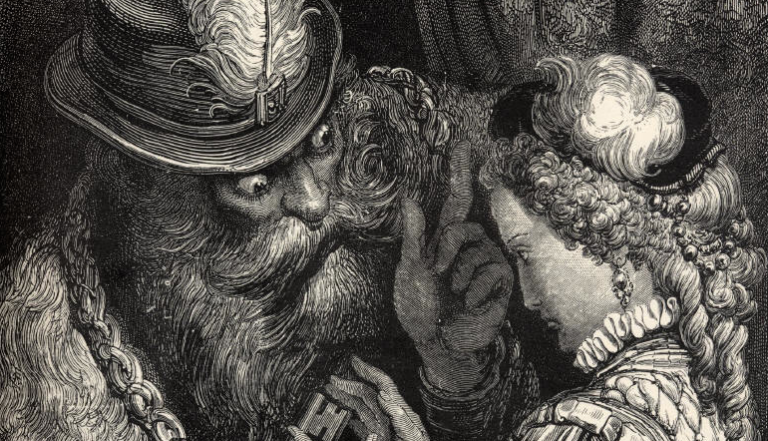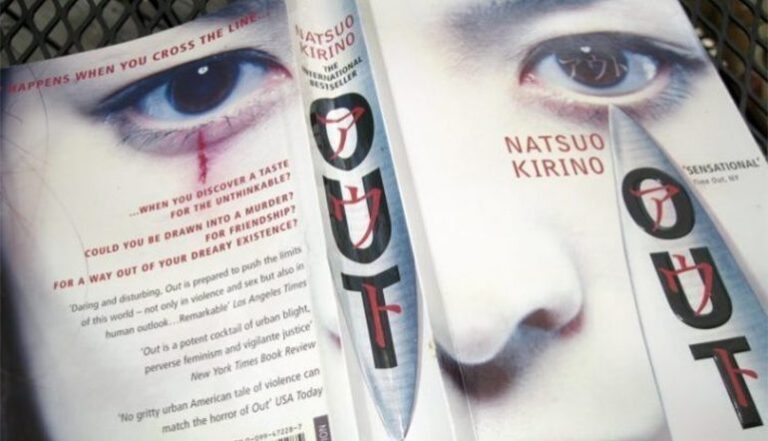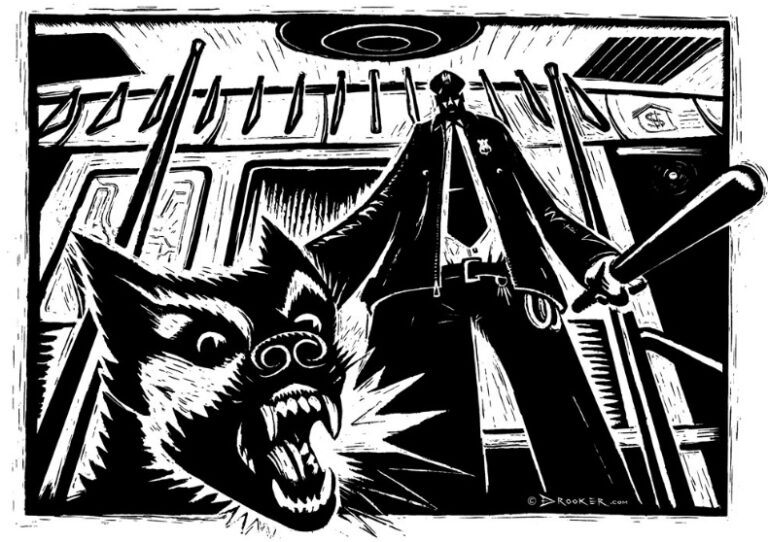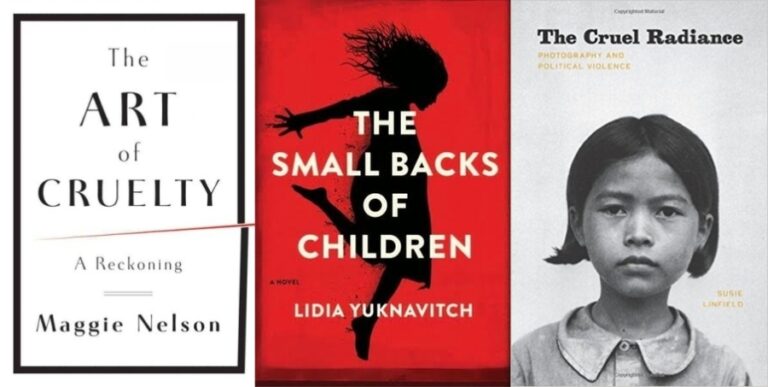The Shifting Language of Violence
It is more or less the recognition of the less-than-subtle hint that the violence ensued upon each other cycles back onto the faulting, failing, incriminating treatment of our one true home.

It is more or less the recognition of the less-than-subtle hint that the violence ensued upon each other cycles back onto the faulting, failing, incriminating treatment of our one true home.

When stories transport me, they usually do it inside a character’s body, and the farther afield the story is taking me, the more important the physical details of the characters’ experiences become.

Violence in media has always been contentious. Violence is in everything, but there’s always a voice in the room trying to convince everyone of its corruptive force. This perspective tends to ignore how when we fictionalize violence, it stops being violence altogether, thematically changing itself into something that’s only as harmful as its message.

Out is an exhausting but indispensable blood-and-guts novel that constructs real, complex, contradictory, and authentically credible female characters who transgress the social hierarchies of Japanese culture while also defying the sexist and stock stereotypes of women as helpless victims in both slasher and thriller genres.

Only in a Japanese RPG can a boy band save the world from the empire and its demonic biotechnological army. In Final Fantasy XV, four male friends use the empire’s language of violence to decolonize the kingdom of darkness. Somewhere, Fanon’s ghost is drinking sake and smoking Peace cigarettes.

What forces turn someone who is, for the most part, fundamentally good into something possibly evil? This question lies at the heart of much horror. In his novella The Ballad of Black Tom, reimagining characters from the weird fiction universe of HP Lovecraft, Victor LaValle answers that question.

The games children play can tell us a lot about ourselves as human beings, regardless of whether we attribute the inspiration behind them more to nature or nurture. In “Fiddlebacks” (New South), Kimberly King Parsons makes good use of the games played by three siblings, exploring what they reveal about the hidden fears and desires…

Four of us writers were critiquing each other’s novellas which all happened to have female protagonists. Three of the protagonists were victims of sexual assault, which then caused these characters to suddenly and completely change. One of those protagonists became mentally unbalanced and faded away, another was rescued by a man, and the third became…

How to talk about violence in literature, when the term violence is so broad? “Violence” is defined as “behavior involving physical force intended to hurt, damage, or kill someone or something,” but it’s also used to depict the “strength of emotion or an unpleasant or destructive natural force.” How to talk—or write—about violence at all, both…
No products in the cart.